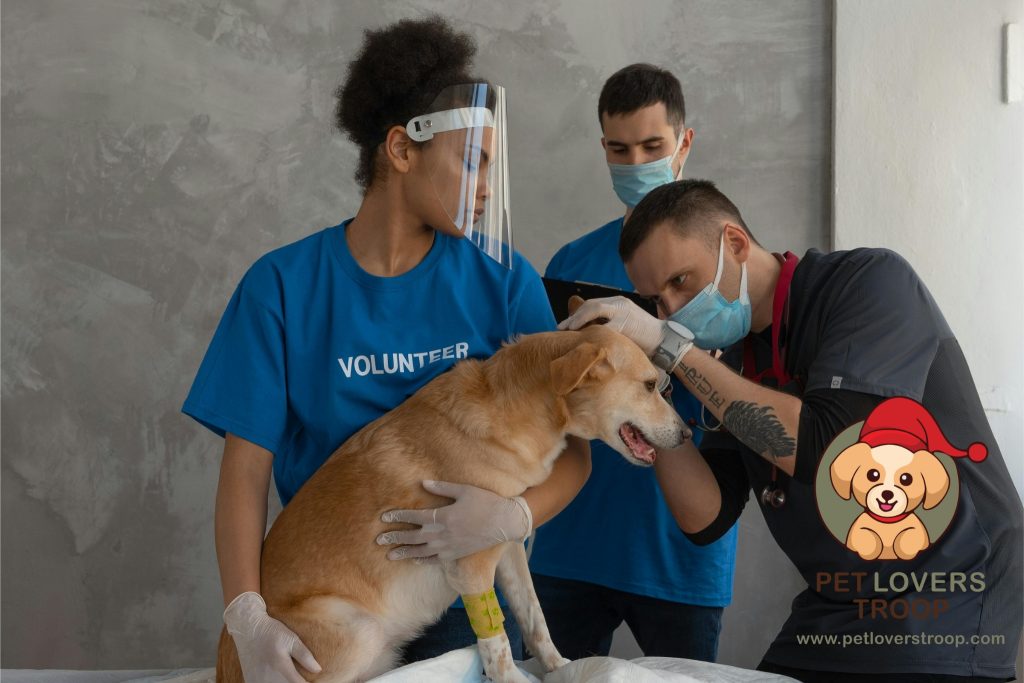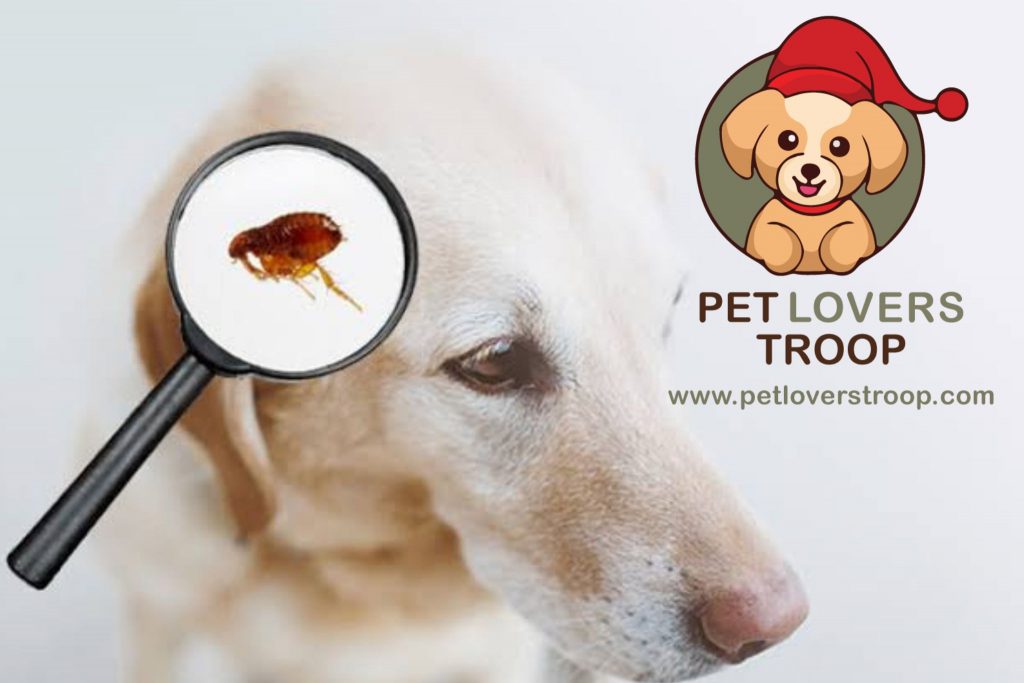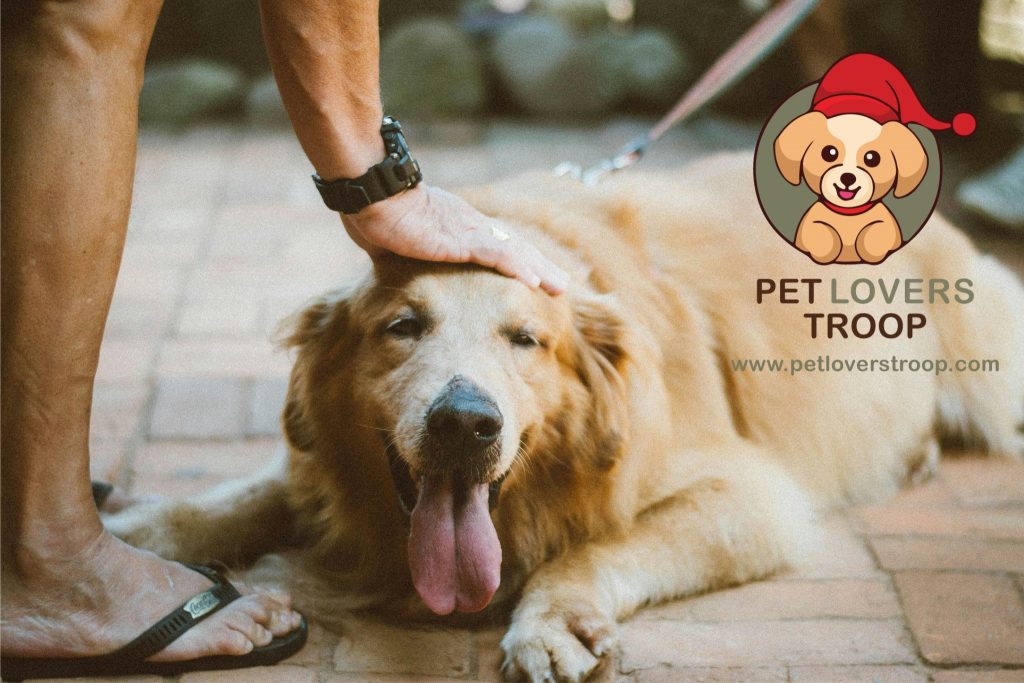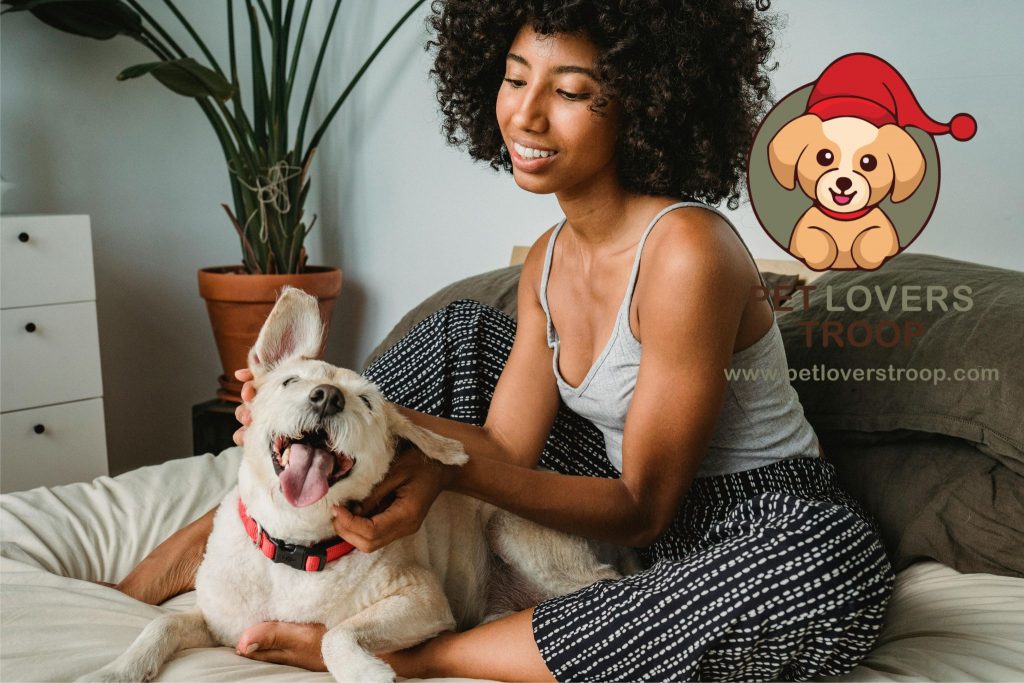Dealing with fleas may be one of the grossest problems when owning a pet. Though fairly small, they can inflict so much discomfort and disease on both pets and humans.
Understanding the flea life cycle and how the pests survive when they are away from their preferred hosts is important to managing and avoiding the onset of a flea invasion. This guide details flea survival factors, attraction factors, and the best practices for controlling these invaders.

Flea Fundamentals
Fleas are small, wingless insects that belong to the order Siphonaptera. They are ectoparasites whose feeding is based on mammals’ and birds’ blood using special mouthparts that pierce the skin and suck blood.
Read more: Ten Common Dog Diseases: How to Recognize Symptoms and Prevent Them
The body is flattened from side to side, which makes it easier for them to move freely through fur or feathers. A flea goes through four life stages: egg, larva, pupa, and adult. Understanding this life cycle forms the basis of effective control of flea populations.
How Long can Fleas Survive Without a Host?
One of the most common questions pet owners have is, “How long can fleas survive without a host?” The answer is a bit complicated and based on a few factors, singly or in combination, including the flea’s life stage and environmental conditions.
Discover more: Forging A Lasting Connection With Your Catahoula Leopard Dogs: A Comprehensive Guide To Health, Nutrition, and Care
Generally, adult fleas need blood to reproduce, but under good conditions, they can live up to a few days without feeding or even two weeks. Fleas will go into dormancy in cooler environments and be able to survive even longer. Of course, they are just waiting then for the next host that happens due to which it becomes hard to rid an environment completely of them.
Can Fleas Live in Carpet?
Fleas find, in carpet, warmth, humidity, and, most importantly, protection against external danger. Can fleas live in the carpet? Absolutely. Flea eggs, larvae, and pupae can basically lay out their picnic inside the fibers of a carpet.
Learn more about: Exploring Different Pitbull Dog Types: A Guide to their Nutrition, Temperaments, and Characteristics
Therefore, it would also be a very critical area to zero in on when trying to combat an infestation. Generally, adult fleas can jump aboard a strutting host, but the earlier life stages stay hidden in the carpet, feeding on organic debris and waiting to mature.

How Long do Fleas Live in Carpets?
Of interest to anyone who has an infestation, how long can fleas live in carpet? Flea eggs incubate for two days to two weeks depending on how the environmental situation turns out.
Read more on: Affenpinscher Dog 101: Everything You Need to know about this Unique Breed
Then they become larvae, which form cocoons where they become pupae—a phase that only takes days or several weeks. Fleas can live in carpets for a couple of months under ideal conditions; therefore, carpet treatment should be regular and thorough.
What Attracts Fleas?
The answer to what attracts fleas can help in preventing the infestation. Fleas get attracted to their hosts through body heat, movement, and exhaled carbon dioxide from the host. This very clearly makes pets, especially dogs and cats, easy targets. But can birds get fleas? Yes, they can, too, if they have nests in flea-infested areas.
Check out: Dog Training: Ten Essential Commands Every Dog Should Know- January 2024
Do Dogs Get Fleas in the Winter?
The most common question a pet owner asks is, “Do dogs get fleas in the winter?” Yes, they do. Although fleas become less active in cold weather, they easily can survive and live indoors where central heating gives them a warm environment.
The flea ministerially lies low during the cold temperatures and then activates itself again when conditions get better. Since that is the case, flea prevention measures are important to take care of throughout the year and not just in the warmer months.

Dog Flea Vaccines
Probably the newest avenue in flea control is the development of vaccines for dogs. These act by stimulating an immune response against flea saliva proteins, thereby reducing feeding and subsequent reproduction of the fleas.
Also read: Epileptic Seizures in dogs: Symptoms, associated risks and how to comfort them
Not yet quite available, ongoing research and development bodes well for long-term flea control strategies. Combining traditional treatments for fleas with such vaccines could give broad protection to your pets.
Flea Dog Comb
Another easy and most effective method of controlling flea infestation is the use of a flea dog comb. Combing your dog or any other pet using a flea comb regularly removes the adult fleas and prevents further egg-laying on your pet.
Know more about: https://www.dogsnaturallymagazine.com/best-home-remedies-fleas/
Make sure that you have brushed them gently but thoroughly in their fur, especially in areas noted to be flea hideouts like in the neck, base of the tail, and belly area. After each combing, dip the comb in soapy water to kill the removed fleas.
Comprehensive Flea Control Strategies
Fleas need holistic treatment to deal with them. Following are some of the best methods that would help control flea infestation—
- Regular Grooming: Regular grooming using a flea dog comb can aid in removing the flea and also let you monitor the signs of flea infection.
- Vacuuming and Cleaning: Vacuum carpets, rugs, and furniture regularly to suck up flea eggs, larvae, and pupae. Dispose of the vacuum bag or contents immediately to prevent reinfestation.
Check out: Unravelling the Charm of Brussels Griffons: A Guide to This Adorable Breed
- Washing Pet Bedding: Wash your pet’s bedding in hot water every week to kill any fleas and their eggs.
- Environmental Treatments: Apply flea sprays, powders, or foggers especially designed for use within the home to carpets, furniture, and other areas where fleas might be hiding.
- Topical and Oral Treatments: Apply routine flea preventatives as advised by your veterinarian. This can include topical treatments to the skin or oral medications.
Have a look at: Everything you need to know about dog poisoning: 10 deadly poisons that can potentially kill your furry partner
- Outdoor Control: Treat the yard with the help of flea control products to ensure that they do not enter your home. Special attention must be given to the shady, most humid areas where flea infestation is bound to foster.

Effective Flea Prevention
The avoidance of a flea problem is always better than fighting it. Here are some flea prevention measures:
- Regular Vet Checkups: Keep up with your pet’s regular visits to the vet; discuss options for flea prevention.
- Year-Round Prevention: Including flea preventatives in the routine throughout the year can keep the protection uninterrupted, even during winters.
Read more on: Best Dog workouts: Fun daily exercises for your pup to keep them hale and hearty
- Flea Watch: Monitor your pets regularly for any signs of fleas. This will help in early detection and prevent the infestation from becoming severe.
- Environmental Hygiene: The environment has to be clean by regularly vacuuming, washing the bedding of your pet, and treating outdoor areas.

Final Thoughts
Fleas are very notorious pests to have, causing discomfort and health dangers, in almost all situations, due to the tenacity and adaptability they portray. Understanding the mechanisms for their survival and lifecycle forms the basis of effective control and prevention measures.
Read more about: Dog neutering surgery- What to expect and how to handle your male furry friend
Clearly, one of the simplest, yet most efficient, ways to repel back these annoying invaders is to apply a flea control practice comprehensively in your home and pets. Regular grooming and cleaning, along with applying flea preventatives, form important facets of any successful flea management plan.
For more detailed information on flea control and prevention, consider checking out these resources:
American Veterinary Medical Association – Flea Control
Centers for Disease Control and Prevention – Fleas
Animal Humane Society- Flea and Tick Control
By staying vigilant and proactive, you can protect your pets and your home from the flea fiasco, ensuring a healthier, happier living environment for everyone.
